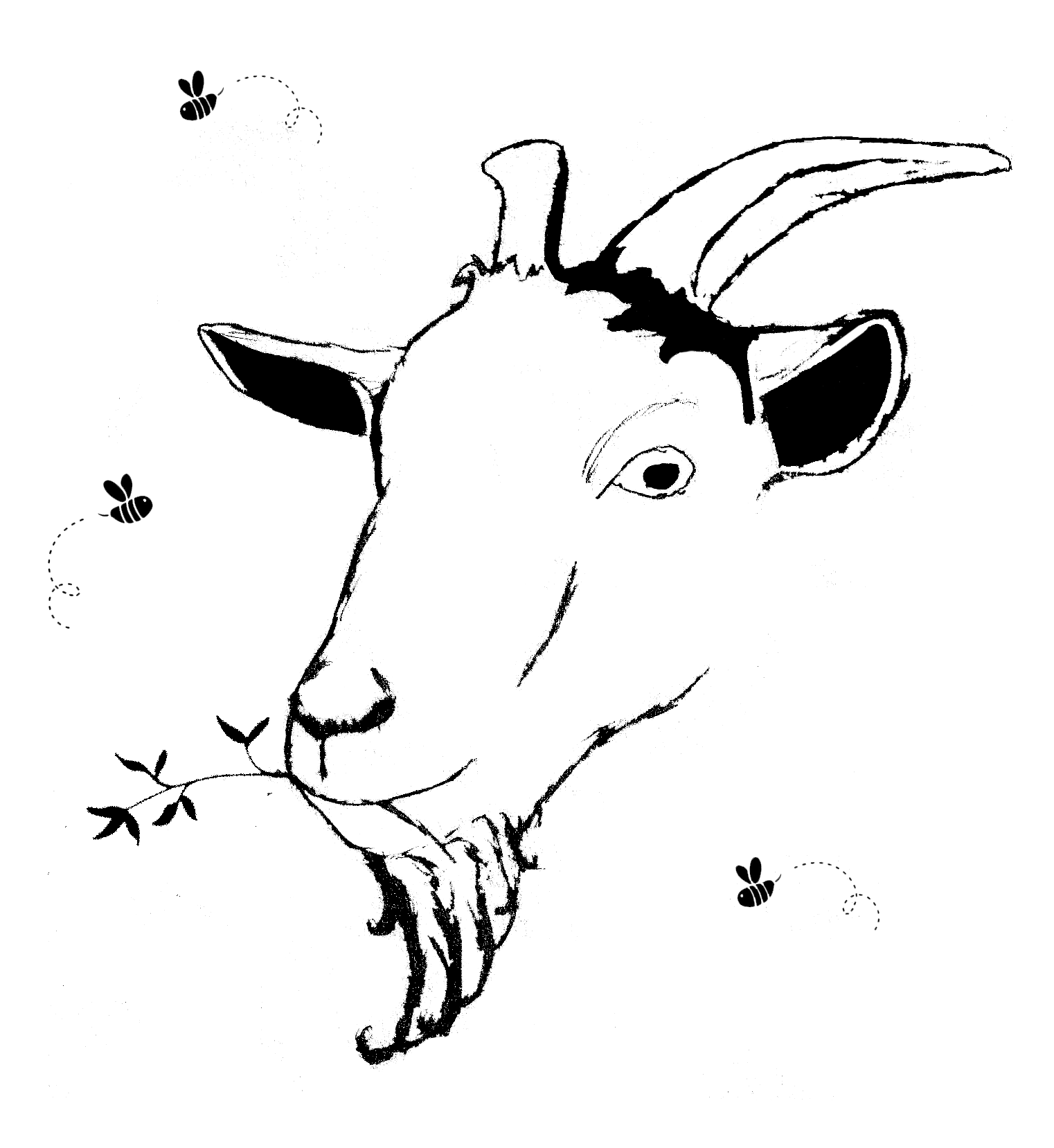Botanical Information
Family: Apocynaceae
Common Names: Lesser Periwinkle, Common Periwinkle, Creeping Myrtle
Parts Used: Leaves, Stems, Flowers
Description
Vinca minor, commonly known as Lesser Periwinkle, is a trailing evergreen groundcover native to Europe and western Asia but widely naturalized in North America. Traditionally, it has been used as a circulatory stimulant, astringent, and nervine. The plant contains alkaloids (including vincamine), flavonoids, and tannins, making it beneficial for cognitive function, blood circulation, and nervous system health. Vincamine, a major alkaloid, is the precursor to the pharmaceutical drug vinpocetine, which is used to enhance cerebral blood flow and cognitive function.
Historical and Traditional Uses
- Used in European and Traditional Western Herbalism for improving memory, focus, and mental clarity.
- Historically applied as an astringent for wound healing, excessive menstrual bleeding, and diarrhea.
- Traditionally used to improve blood circulation, especially to the brain, aiding in dementia and cognitive decline.
- Known in folk medicine for its ability to reduce vertigo, headaches, and tinnitus.
Constituents
- Vincamine (cerebral vasodilator)
- Flavonoids
- Tannins
- Saponins
- Alkaloids (Minor amounts of vinblastine and vincristine, though primarily found in Vinca rosea, or Catharanthus roseus)
Actions
- Cerebral circulatory stimulant
- Nootropic (enhances cognitive function)
- Astringent
- Nervine
- Mild Hypotensive
- Hemostatic (Stops excessive bleeding)
Medicinal Uses
- Cognitive Function & Brain Circulation
- Increases blood flow to the brain, supporting memory, concentration, and mental clarity.
- Traditionally used for dementia, Alzheimer’s disease, and cognitive decline.
- May help reduce brain fog, sluggish thinking, and mental fatigue.
- Cardiovascular & Circulatory Health
- Improves blood flow and oxygenation, especially in aging populations.
- Helps with poor circulation, cold extremities, and low blood pressure.
- Headaches, Dizziness & Tinnitus
- May help reduce headaches, vertigo, and ringing in the ears (tinnitus).
- Traditionally used for migraines and mild hypotension.
- Astringent for Excessive Bleeding & Wounds
- Historically used for heavy menstrual bleeding (menorrhagia), nosebleeds, and hemorrhoids.
- Applied topically as a poultice or wash for wounds, ulcers, and sore gums.
- Digestive Support
- Mildly astringent, helping with diarrhea and gastrointestinal irritation.
Preparation and Dosage
Infusion (Tea from Leaves & Flowers):
- 1 tsp of dried leaves per cup of hot water.
- Steep for 10-15 minutes, drink up to twice daily.
Tincture:
- 2-5 ml taken up to twice daily.
Poultice or Wash (For Wounds & Bleeding):
- Prepare a strong infusion, soak a cloth, and apply to wounds, sore gums, or inflamed skin.
Capsules (Standardized Extract – Vincamine/Vinpocetine):
- 10-30 mg of vincamine daily for cognitive support (as used in nootropic supplements).
Precautions and Contraindications
- Pregnancy & Breastfeeding: Not recommended due to potential blood circulation effects.
- Low Blood Pressure (Hypotension): May further lower blood pressure, so use cautiously.
- Blood Thinners & Anticoagulants: Vinca minor may enhance blood-thinning effects, so caution is needed.
- Toxicity: While generally safe in small doses, excessive intake can lead to dizziness, nausea, and low blood pressure.
Energetics (Traditional Medicine Perspectives)
Traditional Western Herbalism: Cooling and drying; supports mental clarity, blood circulation, and tissue astringency.
European Folk Medicine: Used for cognitive health, excessive bleeding, and cardiovascular support.
Combinations
- For Cognitive Function & Memory: Combine with ginkgo biloba and gotu kola.
- For Circulatory Support: Use with hawthorn and cayenne.
- For Headaches & Tinnitus: Blend with feverfew and skullcap.
- For Wound Healing & Astringency: Pair with yarrow and plantain.
Harvesting and Storage
- Harvesting:
- Aerial parts are gathered in spring and summer when flowering peaks.
- Drying:
- Air dry in a shaded, well-ventilated area to preserve alkaloid content.
- Storage:
- Keep dried material in an airtight container, away from moisture and light.
Modern Research
- Vincamine (derived from Vinca minor) has been studied for enhancing cerebral blood flow and memory function.
- Clinical trials suggest it may help in early-stage dementia and cognitive impairment.
- Research on vinpocetine (a synthetic derivative of vincamine) supports its role in brain health, stroke recovery, and neuroprotection.
Conclusion
Vinca minor (Lesser Periwinkle) is a valuable nootropic herb that enhances cerebral circulation, supports cognitive function, and provides astringent benefits for wounds and excessive bleeding. It is a mild yet effective brain tonic, but should be used cautiously in those with low blood pressure or on blood-thinning medications.

